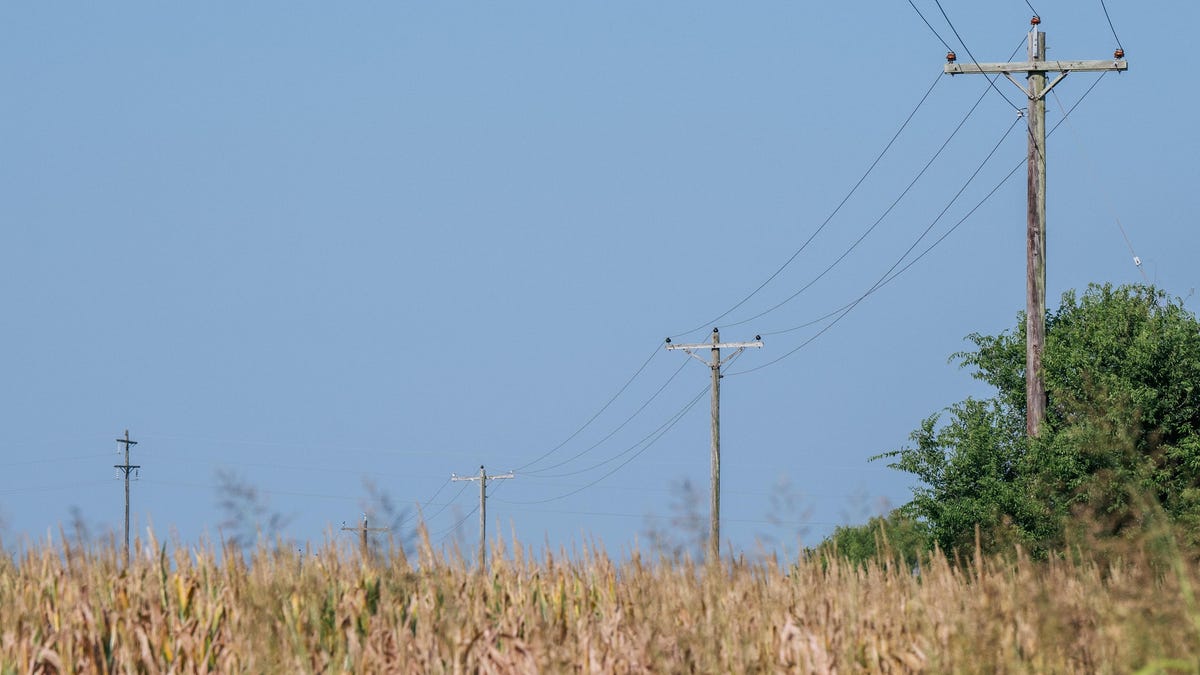Texas Power Companies Are Remotely Raising Temperatures on Residents’ Smart Thermostats Leave a comment

Texas is one of several states suffering through a record-breaking heat wave that’s pushing electric grids to their limits. The Electric Reliability Council of Texas, or ERCOT, has urged residents to do their part by raising the temperature on their thermostats, but several smart thermostats owners say their devices have been controlled remotely to conserve energy, leaving them in sweltering homes without a clue as to why.
Turns out, some of them just didn’t read the fine print. Several residents in the Houston area said they’d unknowingly enrolled in a program called “Smart Savers Texas” as part of a promotion, according to a report from local ABC-affiliate WFAA on Friday. The agreement states that in exchange for an entry into sweepstakes, electric customers grant permission for the program’s operator, EnergyHub, to control their thermostats during periods of high energy demand.
Brandon English, one of the residents WFAA spoke with, said he arrived home from work on Wednesday to find the temperature on his smart thermostat had been jacked up while his wife and newborn daughter napped.
“They’d been asleep long enough that the house had already gotten to 78 degrees,” English said. “So they woke up sweating.”
He unenrolled from the program as soon as he found out and expressed concern about how the remote temperature adjustment could affect his family’s health.
G/O Media may get a commission
“Was my daughter at the point of overheating?” English told WFAA. “She’s 3 months old. They dehydrate very quickly.”
EnergyHub’s website says it’s partnered with several thermostat providers, including Google and Amazon, and its list of clients includes major energy companies such as National Grid, CenterPoint Energy, and ERCOT.
During energy saving events, the program “increases the temperature on participating thermostats by up to four degrees to reduce energy consumption and relieve stress on the grid,” said Erika Diamond, vice president of customer solutions at EnergyHub, in an emailed statement to Gizmodo on Saturday. She added that customers will typically receive an offer to join the program from their energy provider or the manufacturer of their thermostat and can opt-out at any time. On average, these energy saving events occur between two to eight times each summer, Diamond told USA Today.
In a statement to Houston-based NBC affiliate KPRC 2, CenterPoint Energy said it conducted a “test curtailment event” on June 16 from 2 p.m. to 5 p.m., and notified EnergyHub to reduce energy consumption for their residential customers that agreed to participate in the Smart Savers Texas program. Once it received the notification, EnergyHub adjusted the thermostats for participating customers.
You can read EnergyHub’s emailed statement in full below:
“Smart Savers Texas helps support grid reliability by working with thermostat manufacturer and security dealer partners to sign up connected thermostat owners to participate in reducing energy use when the grid needs it most.
Thermostat owners typically receive an offer to participate from their manufacturer or service provider within their mobile app or via email. During a demand response event, Smart Savers Texas increases the temperature on participating thermostats by up to four degrees to reduce energy consumption and relieve stress on the grid. Every participant actively agrees to the terms of the program and can opt-out of a demand response event at any time.
The ability to reduce energy consumption is critical to managing the grid, in Texas and nationwide. EnergyHub works with more than 50 utilities across the country to harness connected devices to meet grid needs. This is a tool to reliably reduce load on the grid enabled through the technology of EnergyHub and our connected thermostat partners.”

